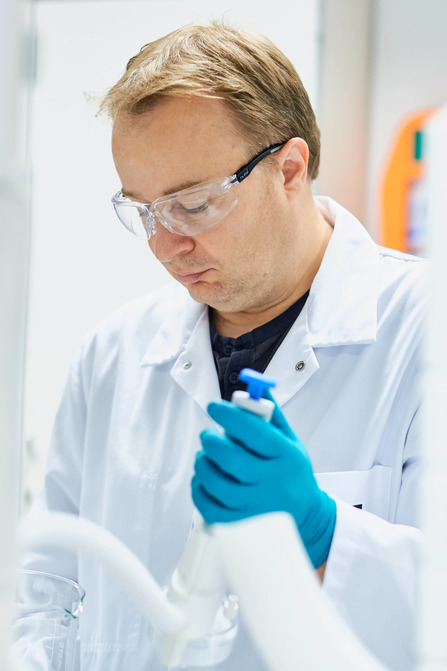Clinical trials involving healthy volunteers and patients play a critical role in the development of new treatments. In the search to understand, prevent, and treat severe diseases, UCB is committed to sharing information on clinical trials and making study results publicly accessible. We are committed to working toward a clinical trial infrastructure that addresses health disparities and closes the gap in clinical trial diversity to better reflect the intended treatment population. We support PhRMA’s clinical trial diversity principles.
For information on U.S. trials including information on disease area, study type, location, contact information, and recruitment status, visit ClinicalTrials.gov.
Note: Information provided on ClinicalTrials.gov should be used in conjunction with advice from healthcare professionals. A Phase I trial is the first trial in which a potential drug is tested in humans. The aim of this phase is generally to establish the safety of the drug and to define the maximum dose that can be given without adverse events. Typically in this phase the drug is tested in healthy volunteers but in some cases the trial can be run with patients with a specific condition as well.
Participants in Phase II and Phase III include patients with the medical condition for which the new medicine is being tested. Volunteers and patients take part in clinical trials on a voluntary basis only. You may only participate in a clinical trial if you meet inclusion criteria, have given informed consent, and have confirmed your receipt and understanding of information about the trial. You are also free to withdraw at any time.
For information on U.S. clinical trial registration and results, visit www.clinicaltrials.gov.
